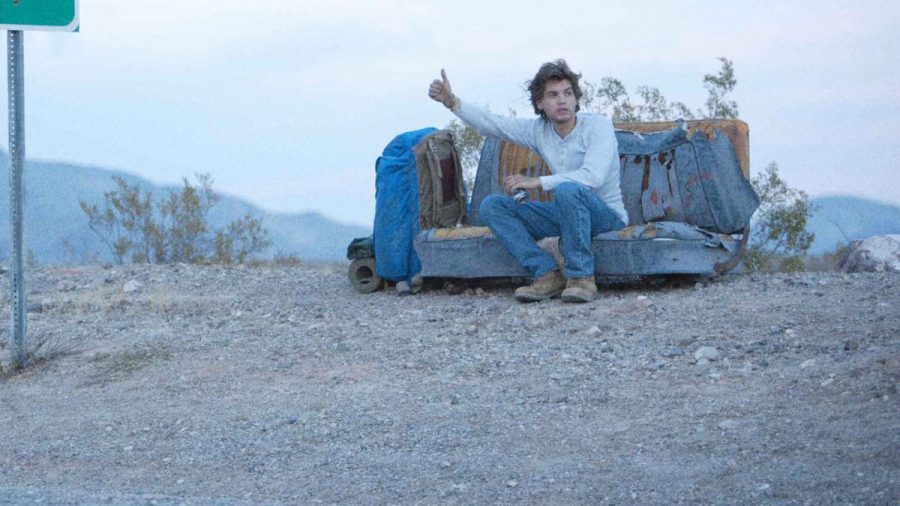The Earth was formed over four billion years ago, Neanderthals appeared about 600,000 years ago and now Homo-sapiens have penetrated nearly every corner of the globe. Sean Penn’s visually triumphant and moving biographical drama truly makes one think about the effect our race has had on this planet.
Based on Jon Krakauer’s novel of the same name and inspired by the fascinating true story of Christopher McCandless, this film follows the journey of a recently graduated honours student (Emile Hirsch) as he drastically changes his lifestyle. After donating all of his savings to charity, he adopts the pseudonym Alexander Supertramp and hitchhikes to Alaska to live in the wilderness. Meeting several quirky characters along the way, Supertramp spreads his theories on life, nature and the embarrassingly shallow disposition of human beings.
Penn’s impressive adaptation of Krakauer’s novel boldly addresses the issue of human nature in regards to materialism. Hirsch beautifully portrays the simplistic life that McCandless was so eager to live outside of our sheltered bubble filled with wealth, pollution and angst. A particularly powerful scene illustrating such disdain towards opulence, involves Supertramp disposing of his cash in a fiery effigy. Through displaying such shots, Penn makes one contemplate how much we really need money to be happy. The wide shots of Alaska’s snow-topped mountains and evergreen forests leave one breathless; partly because of their beauty and partly due to the realisation that money is ink dyed paper made from such grand trees. With hypnotic acting and spellbinding cinematography, this thought provoking production highlights how magnificent life can be when converted back to that of the early primates from which we evolved. The comparison of nature to densely packed cities and plane polluted skies, Penn, a renowned environmentalist, tells an inspirational story and envisions the drastic affect that Man has had on Earth.
